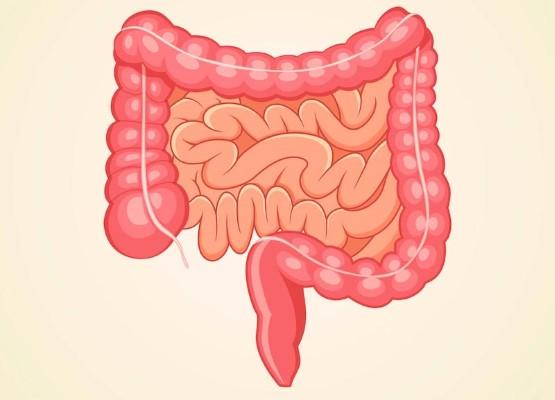
Dr.Jagadish ( Turiya health care)
Constipation is a common digestive issue that affects people of all ages, including the elderly population. It is defined as having fewer than three bowel movements per week or having stools that are hard, dry, and difficult to pass. Constipation can cause discomfort and can also lead to other health problems such as haemorrhoids, anal fissures, and faecal impaction.There are several factors that contribute to constipation in the elderly population. One of the main reasons is a decrease in physical activity, which can slow down the digestive system. Older adults may also have underlying health conditions, such as
- Parkinson's disease
- multiple sclerosis
- spinal cord injuries
that can affect their ability to move their bowels. Some medications, such as painkillers, antacids, and iron supplements, can also cause constipation.
In addition to these physical factors, the elderly population may also experience psychological stress and depression, which can further contribute to constipation. They may also be reluctant to use the bathroom due to fear of falling or difficulty in getting to the bathroom. To prevent constipation in the elderly population, it is important to maintain a healthy diet that is rich in fibre and water. Foods such as whole grain breads and cereals, fruits, and vegetables can help to promote regular bowel movements. It is also important for older adults to stay hydrated by drinking plenty of water throughout the day.
In addition to dietary changes, physical activity is also crucial in preventing constipation in the elderly population. Gentle exercises such as walking, yoga, and stretching can help to stimulate the digestive system and improve bowel movements. Older adults should also make sure to allocate enough time for a bathroom break, and if needed, use aids such as raised toilet seats or grab bars to make using the bathroom easier and safer. For older demented patients it is important to remind them and if necessary assisted feeding will improve the food intake which will improve constipation. Consuming greens and fruits such as papaya, and bananas will help.
If constipation persists, over-the-counter remedies such as fibre supplements and stool softeners such as psyllium husk can be helpful. However, it is important to talk to a doctor before starting any new treatment, as some remedies may interact with other medications that the elderly individual may be taking. In more severe cases, the doctor may prescribe a laxative or enema. These should only be used under medical supervision, as overuse can lead to dependence and further complications.
In Homoeopathy medications such as alumina, Bryonia can be very effective under proper advice. In Ayurveda counter medications such as Nithyam, and Kayam can be very effective. In conclusion, constipation is a common issue in the elderly population that can cause discomfort and lead to other health problems. To prevent constipation, it is important to maintain a healthy diet, stay hydrated, and stay physically active. If constipation persists, it is important to seek medical advice to determine the best course of treatment. With proper care and attention, older adults can enjoy regular and comfortable bowel movements and maintain well being